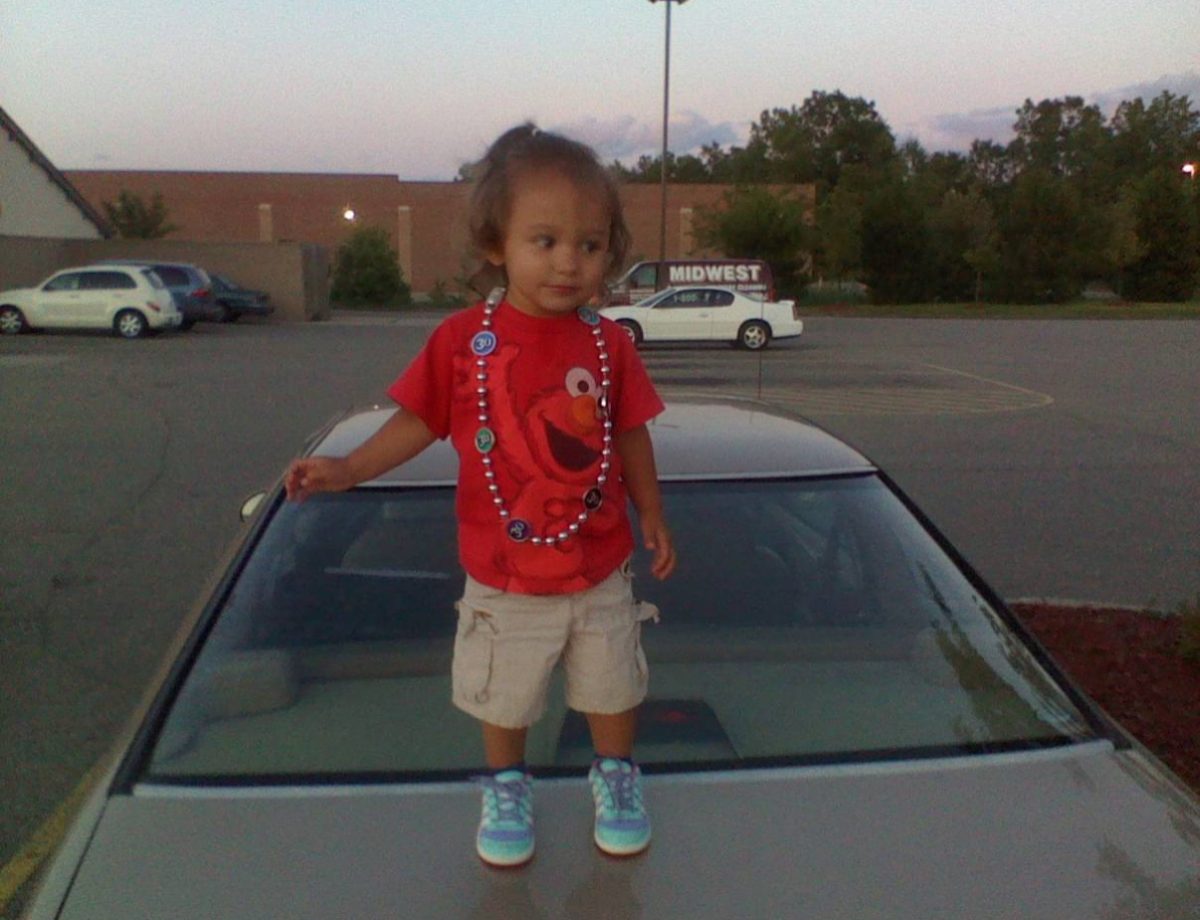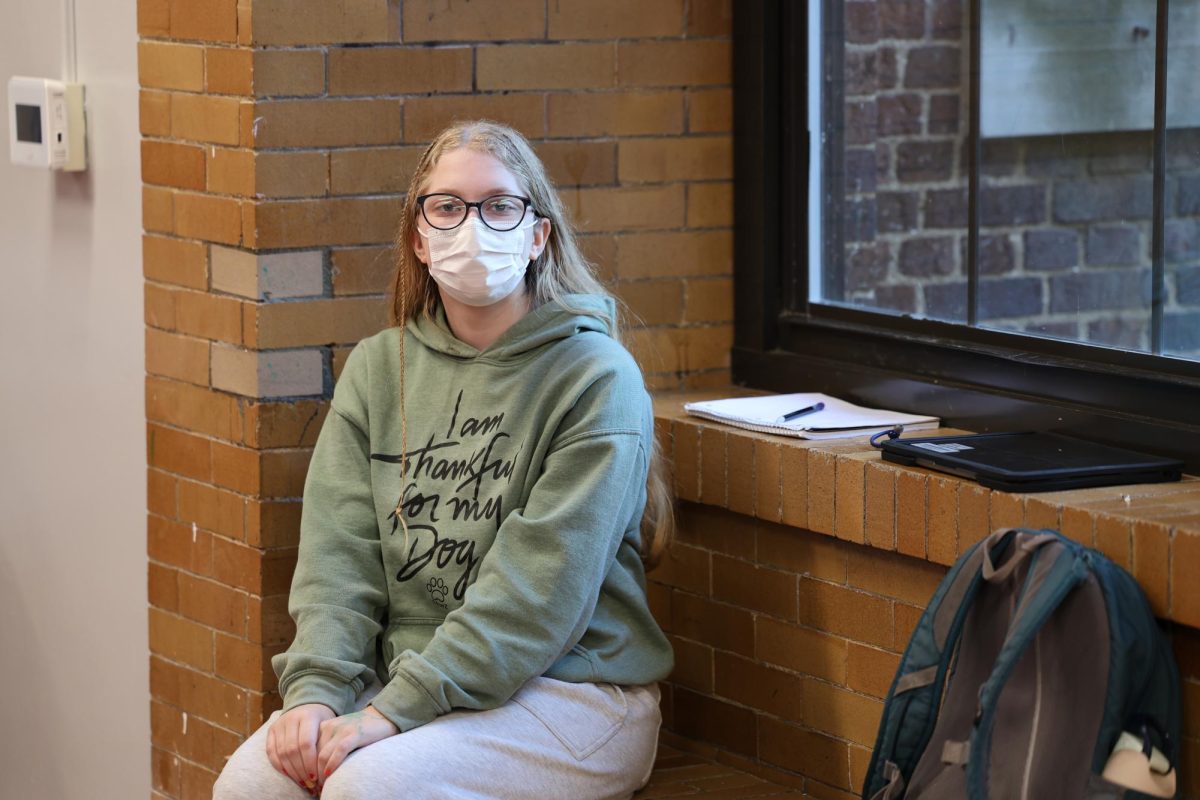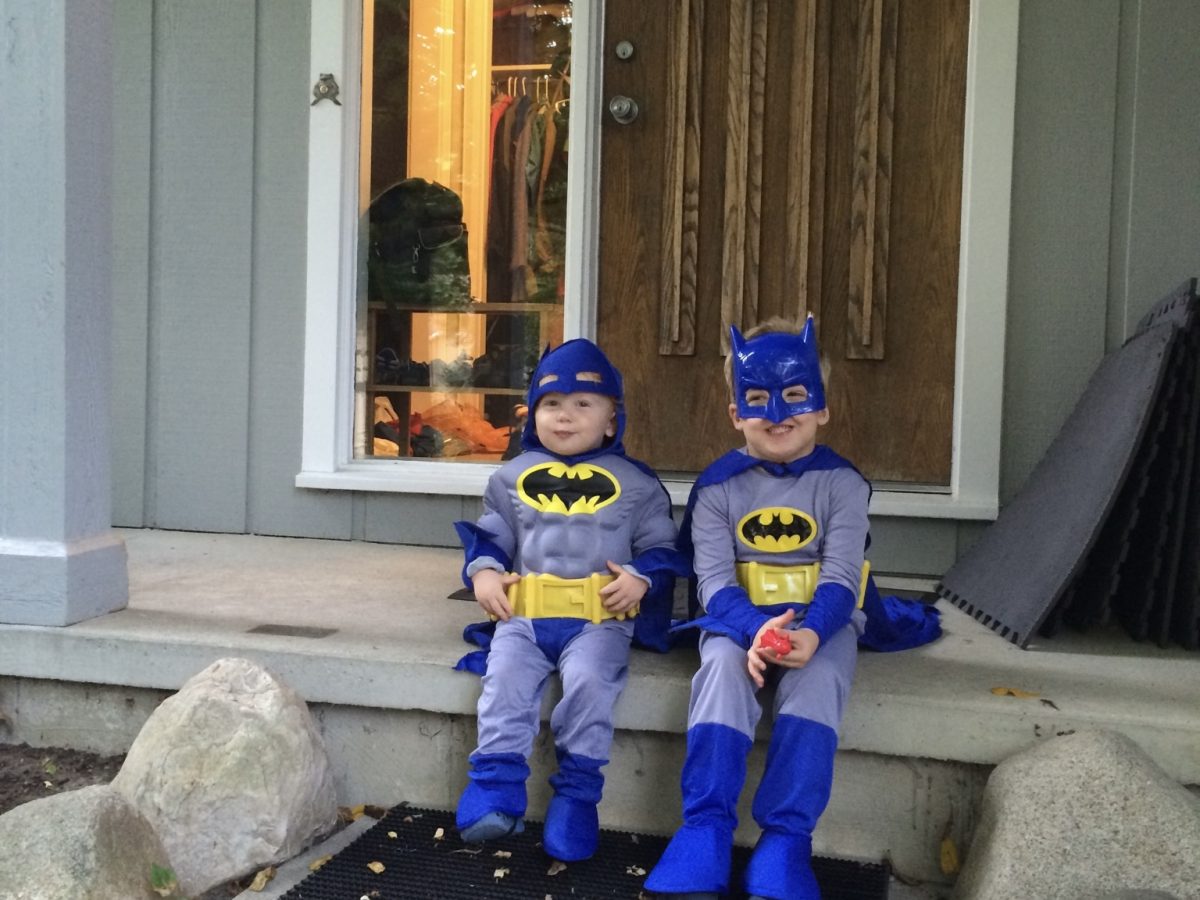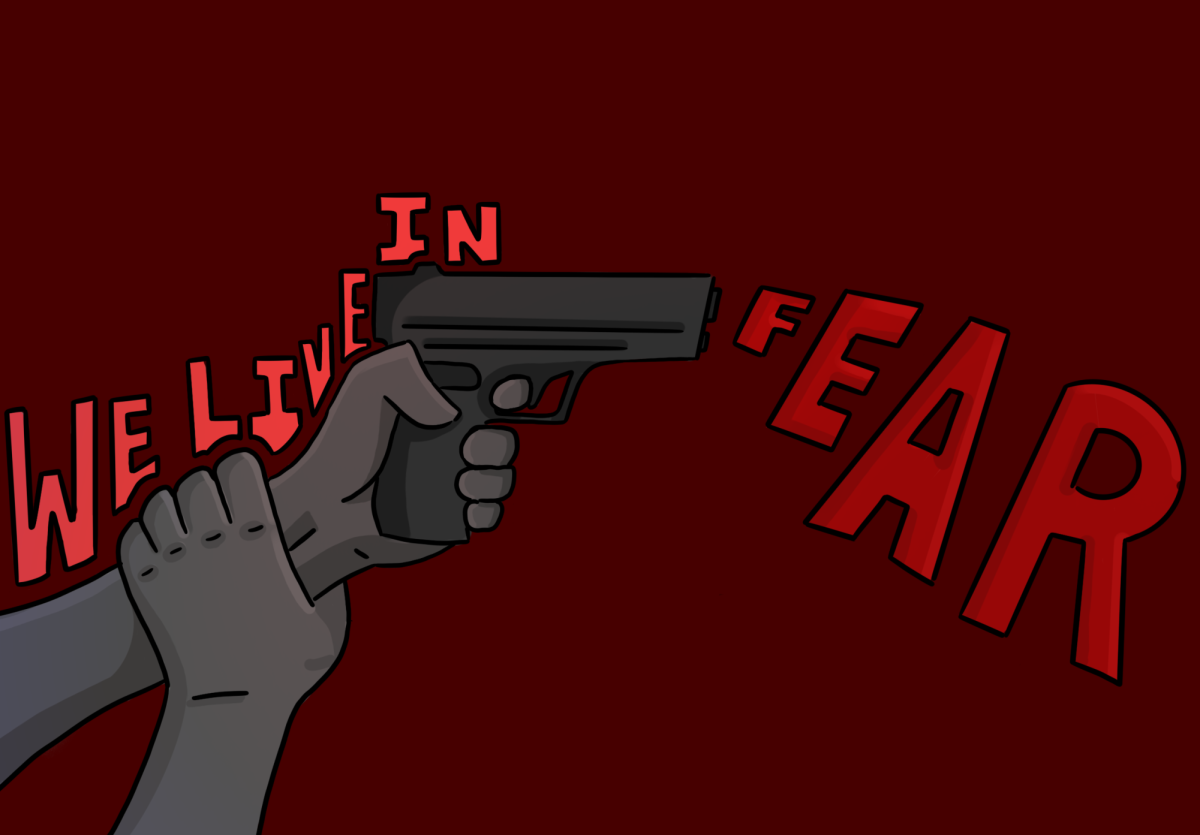The Republican Party — emboldened by its far-right flank and guided by the grudges of the new Trump era — has fixed its sights on a new target: PBS and NPR. Recently, President Trump signed an executive order directing the Corporation for Public Broadcasting to cut federal funding to public broadcasters, which would devastate PBS and NPR. This isn’t merely about budgets; it’s about children — millions of them — who, like me, grew up leaning on PBS as both a teacher and a companion.
Public broadcasting shaped me. It taught me empathy, critical thinking and a lifelong love of learning, and I’m not alone. Millions of kids grew up with these programs as companions in empty homes, safe havens in uncertain lives. Efforts by the GOP, or Republican Party, to defund PBS are not just political maneuvers, they are acts of erasure against the children who rely on these services most. PBS stepped in where parents could be out of reach and provided free tools that helped educate, stabilize and inspire many.
For a child who might come home to an empty home or one filled with chaos, a steady voice from the television can be a tether to something better, something more. According to the network itself, PBS KIDS alone reaches over 15 million users each month, with more than 345 million streams, often serving as the first and only classroom for children in under-resourced communities; programs, such as “Sesame Street,” have been shown to improve school readiness and long-term outcomes.
Jim Henson created “Sesame Street,” where puppets, brought to life by skilled puppeteers like Frank Oz (Cookie Monster, Grover, Bert) and Fran Brill (Zoe, Prairie Dawn), teach kindness and the alphabet. The whole neighborhood seems to care whether you’re learning, growing and thriving. For so many children, it’s the first place they witnessed problems solved with patience, emotions named without shame and an open space where every kind of kid belonged. It isn’t just programming but also assurance that someone, somewhere, believes you belong. Though designed for young audiences, the show’s message of empathy and inclusion can offer something valuable to viewers of any age.
“When The Muppet Show ended, we all sat around and said, ‘What kind of television show would we like to do?” Henson said. “We felt the need these days isare for some quality children’s programming.”
Though Henson intended his show for young audiences, the show’s message of empathy and inclusion can offer something valuable to viewers of any age, with universal themes anyone can connect to.
This philosophy permeated the work Sesame Street has done for America, creating quality television for children since 1969. From the start, it was engineered with input from educators and psychologists, aiming to close early learning gaps by reaching kids who weren’t getting much else, —particularly in major inner-city areas. Its diverse cast, free accessibility and urban setting inspired by the brownstones of Harlem weren’t incidental. They were intentional, and for many kids, that intention made all the difference.
The primary age demographic for shows like Sesame Street is ages 2-5. It’s during these early years that children begin to learn the foundations of human kindness: language, empathy and social interaction. The brain is sensitive, forming connections at a rate it never will again. And for those who do not have access to quality preschool and caring environments, programs like Sesame Street aren’t just helpful; they’re formative. Losing access to that kind of consistent, prosocial content doesn’t take away 30 minutes of TV. It takes away a tool in helping children understand the world around them. For low-income children, especially, who already face structural barriers to healthy development, this loss could mean entering elementary school less prepared and less confident, creating a harder environment to thrive in.
And yet, in a striking display of projection and cultural cruelty, Rep. Marjorie Taylor Greene dismissed PBS and NPR as “radical, left-wing echo chambers for a narrow audience of mostly wealthy, white urban liberals,’ going as far as to accuse them of “grooming and sexualizing” children. Such claims are untethered from evidence, reflective less of reality than of a broader attempt to recast public service as partisan dogma. Public broadcasting in no way caters to elites; it serves the children left out of private enrichment. It’s not urban sophisticates tuning into Arthur after school; they can afford cable to watch Disney and Cartoon Network.
It’s no surprise that just as these baseless, flawed accusations are being thrown around, Trump’s executive order seeks to dismantle these institutions, targeting the very programs that provide free, unbiased, educational content to those who need it most. These attacks are part of a broader narrative to recast public media as biased when, in fact, it is one of the few spaces left that serves everyone regardless of income or political affiliation.
To dismantle PBS is to tell children that their stories, future and worth are negotiable. It’s to take away one of the few spaces left in this country where the priority is not profit, but people, —small, growing, vulnerable ones. These attacks aren’t just about budgets or bias. They’re about whose children are deemed worth nurturing.
If PBS has taught us anything, it’s that every child deserves to be seen, to be taught and to be told they matter. So let’s not be silent while the very people who benefited least from these programs as children now seek to erase them for everyone else. We owe it to the next generation—those still sitting cross-legged at the screen—to fight for the magic that raised us. Don’t let them grow up without it. Donate to your local PBS station, support its foundation and advocate for public media, urge your congress to save this Public media.










